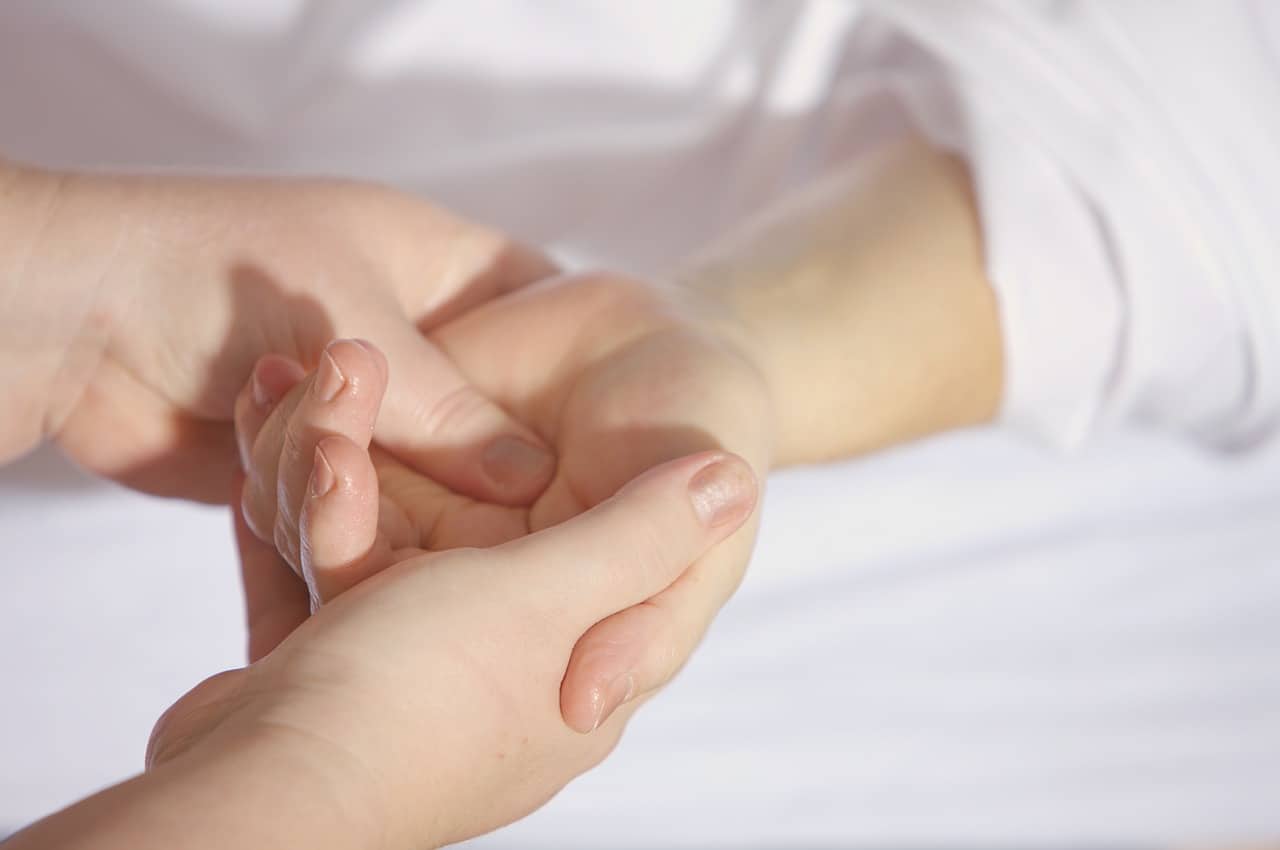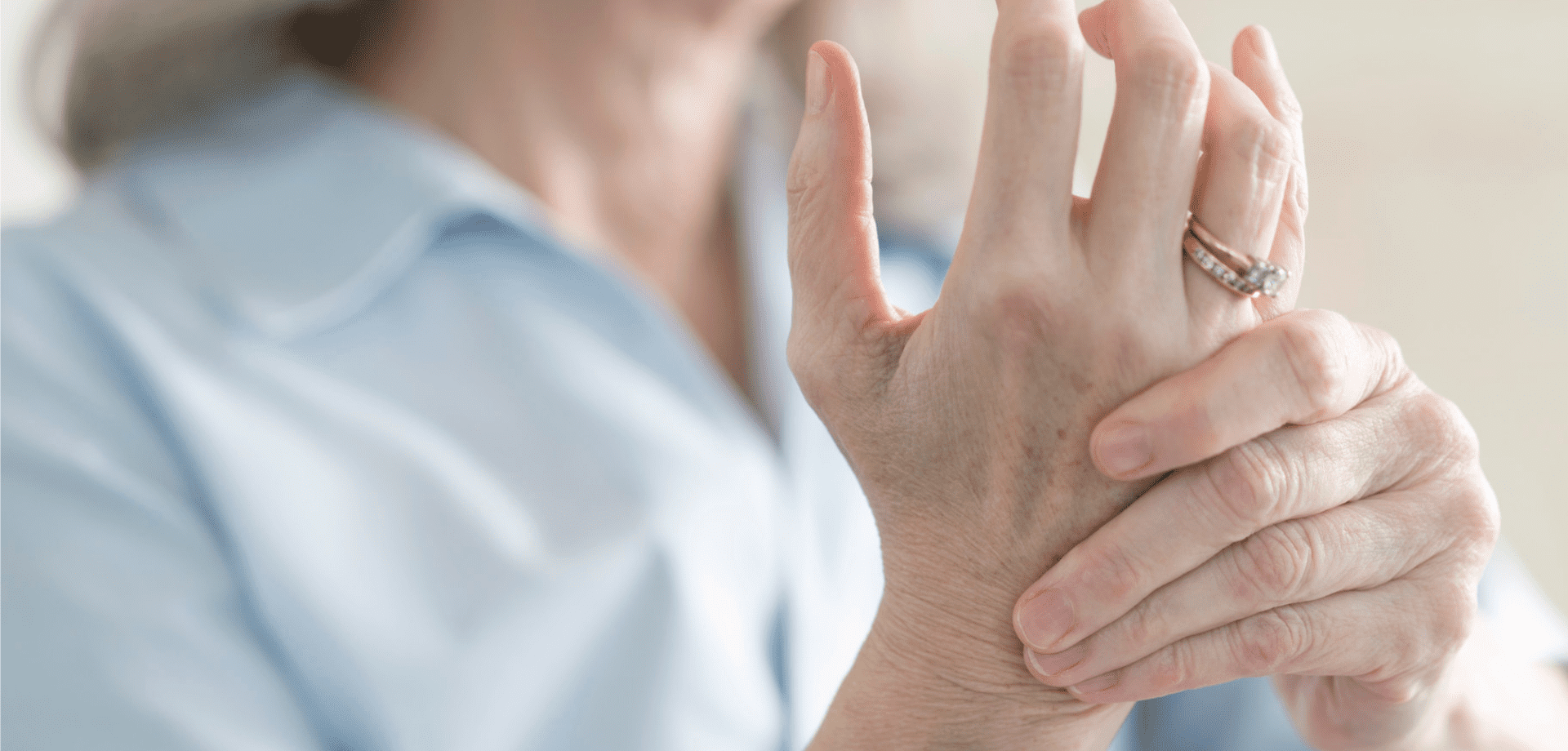Tag: Arthritis
Arthritis is a common condition that causes pain and inflammation in joints. It is not a single disease but an informal way of referring to joint pain or joint disease. There are more than 100 types of arthritis and related conditions. There are thought to be 10 million people with some form of arthritis in the UK. It is the most common cause of disability in the UK and can affect people of all ages but it does occur more frequently as people get older.
Common arthritis joint symptoms include swelling, pain, stiffness and decreased range of motion. Symptoms can range dramatically from person to person, with some experiencing mild symptoms with occasional flare ups to those who experience constant debilitating pain everyday. The sad truth is that there is no cure for arthritis, so it is all about pain management and how to best reduce flare ups.
The impact of the weather on the symptoms of arthritis has been debated for many years and people tend to report more arthritis flare-ups in the winter, but the reason why is not specifically known.
Quite often sufferers will state that their symptoms get worse when the weather is damp and cold and some state they are able to tell when the weather is about to change based on their arteritis symptoms worsening.
Even if there is currently nothing to support this scientifically, this doesn’t remove the pain felt by sufferers and so rather than comment on where this is true or not, let’s look at ways to reduce flare ups in winter.
Our top 4 tips:
1. Stay warm
When the temperature drops both inside and outside, dress warmly. Make sure all arthritis prone areas are kept warm.
2. Stay hydrated
Drink plenty of water throughout the day. Even mild dehydration might make you more sensitive to pain.
3. Take warm baths
A warm bath or visiting a heated swimming pool will ease joint pain and comfort you. If you visit a heated swimming pool, gentle exercise will also help your mobility.
4. Stay active
It is now clear that active people experience less joint pain than those who are sedentary. If you are experiencing an arthritic flare then reduce your usual activity (but don’t stop altogether) and use simple anti-inflammatory medication such as ibuprofen if it is safe for you to do so.
Enjoy winter while taking the above precautions for Arthritis.
If you are facing extreme discomfort and pain in your joints due to arthritis, book an appointment with a GP to discuss your options.
Arthritis and Osteopathy
Are you living with arthritis or know someone who is? Many people have experience of arthritis – there are currently 10 million people in the UK affected. Sufferers can often resign themselves to living with the pain, without realising there are a number of ways to manage it. For World Arthritis Week, we take a look at arthritis and the benefits of using osteopathy to help treat the condition.
What is arthritis?
Arthritis is a common condition which causes pain, swelling and inflammation in the joints of the body.
The most common types are osteoarthritis and rheumatoid arthritis. Osteoarthritis is a result of wear and tear of the joints in the body. It is common in people over 50 and can affect the knees, hips, neck and back, feet and hands.
Symptoms of Arthritis
Arthritis may be hereditary but can often be caused by poor posture, heavy manual work and previous injury, symptoms include:
- Hip / Knee Pain
- Neck Pain
- Lower back pain
- Early morning stiffness
- Joint Pain
- Swelling and Inflammation
- Referred muscle pain
What can osteopaths do to help with arthritis?
The Institute of Osteopathy purports osteopathy as a way to manage arthritis and the associated symptoms. Mobilising arthritic joints and treating surrounding muscles can help reduce pain. Osteopaths work on the general mobility of the other joints and muscles in the body to improve overall function. Osteopaths may advise on posture, diet, exercise and health improvements.
Osteopaths in Central London
Top Osteopath, Andrew Doody works at Fleet Street Clinic in London and is able to treat arthritic conditions and help to alleviate pain. Osteopathic treatment can be used in conjunction with help from a dietitian, use of acupuncture and support from your GP to ensure a holistic treatment of the condition.





